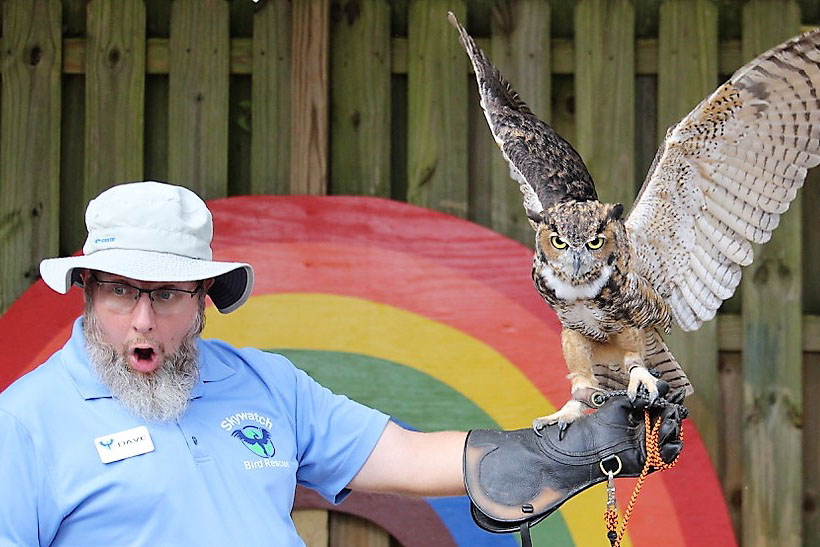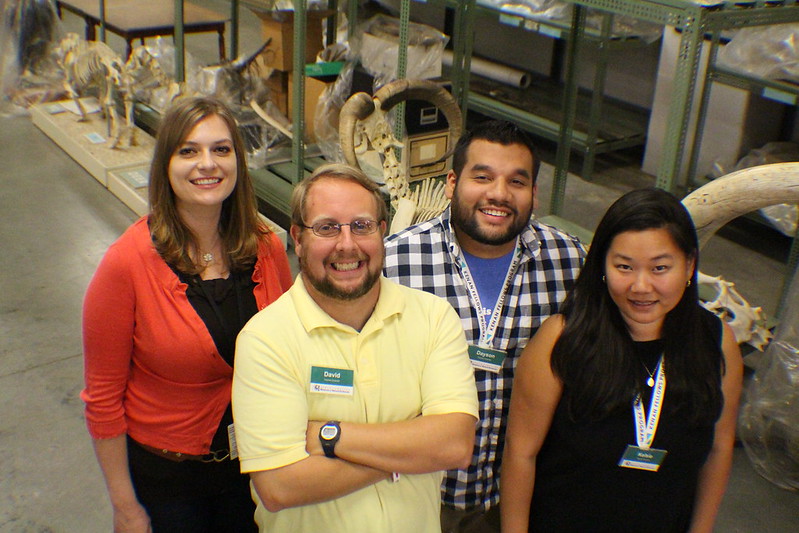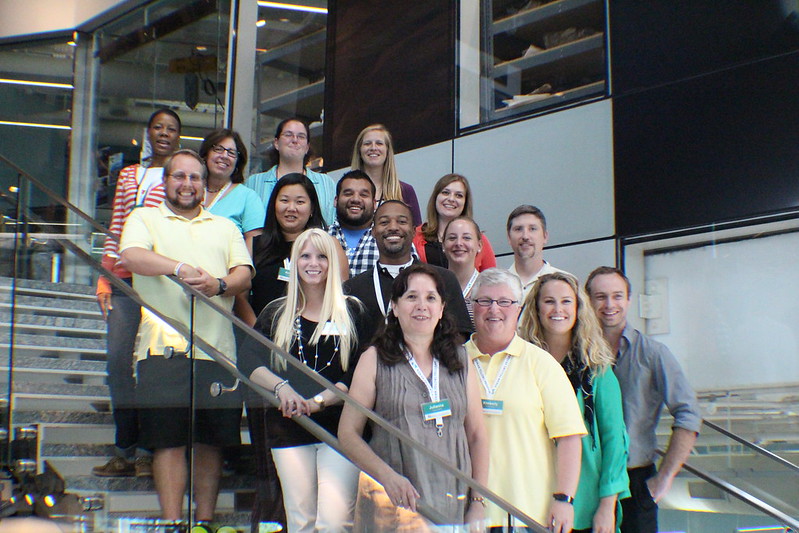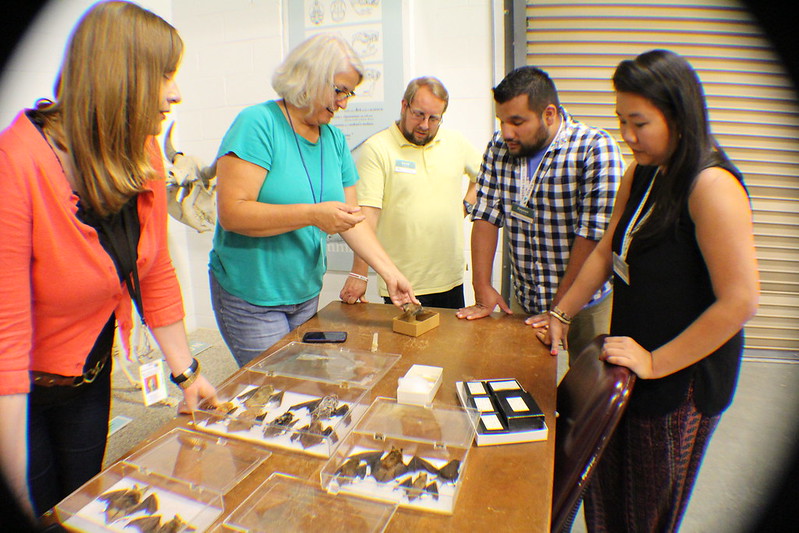
Our Alumni Spotlight series highlights the contributions of Kenan Fellows, showcasing their significant roles in schools, districts and communities.
This month, we feature David Glenn, a 2014 Kenan Fellow with 22 years of experience in education. He is currently the director of DoD STARBASE Wilmington, a program supported by the Office of the Assistant Secretary of Defense for Manpower and Reserve Affairs. The Wilmington program is one of 83 locations nationwide providing students with immersive STEM activities. Participants gain practical experience by working with military professionals, exploring career paths, and observing STEM applications.
David completed his summer immersion focusing on citizen science through the Kenan Fellows Program for Teacher Leadership and the N.C. Museum of Natural Sciences. His fellowship project, eMammal, allowed students to serve as citizen scientists by assessing habitats around their schools and analyzing data on mammalian activity patterns, use of different habitats and seasonal effects. David is also an experienced raptor handler working with owls and hawks.
Please briefly tell us about your background in education and what led you to apply for the Kenan Fellowship.
At the time, I applied for a Kenan fellowship, I was a budding science educator. I had not been trained as a scientist or had the desire to teach just science. So, the appeal of the Kenan Fellows Program was to meet and observe real scientists and the chance to spend a summer at the museum. Additionally, my colleague Amy Lawson, was able to apply and be accepted. So it was a shared experience with another educator at my school, which took the experience to another level in terms of what we both brought back to the school.



What are some of the most notable awards or achievements in your career that you believe have positively influenced your journey as an educator?
Absolutely Kenan Fellows. I recently went through the NCSLA Fellowship and a few years ago did an Education Design Experience cohort that was initiated by another Kenan Fellow. The great thing about these learning communities is they can unite me with other educators with similar ilk and passion. It was beneficial to connect with like-minded educators who are also inherent leaders in their schools and organizations. When you meet similar-minded people, it encourages you to keep going, to keep taking risks, and that your motives and styles are validated which ultimately means your students are given great learning experiences.
What are some educational initiatives or projects you have been involved in following your fellowship?
My Kenan fellowship with Students Discover: eMammal Camera Traps in Your Backyard reinforced my affinity for the “informal” side of public education. I had already spent a summer working as a ranger at a national park but coming out of the fellowship experience, I felt more drawn to a non-traditional classroom role while creating opportunities to provide education experiences in the classroom. I’m able to come into a classroom and provide a unique experience or learning activity. Then give students back to their teachers. So, this has led me to pursue chances to bring activities like “Ocean Cleanup,” “Indoor Planetarium,” and “Raptors on the Glove” that are difficult for most traditional classroom teachers to do in their classrooms.
Can you provide examples of how your students have directly benefited from the knowledge and skills you gained during your Kenan Fellowship?
I believe that seeing scientists (not just in my specific partnership) do their “regular job” up close, their research, analysis, and hands-on investigations, has provided an authentic lens for me to share with students. I don’t know how many scientists I knew or had met in the early days of my teaching career, because I wasn’t in that profession. During and since my fellowship, I can rattle off a list of scientists that I have met, and know on some level, and I feel comfortable connecting with new people in this capacity. So the goal of connecting “real scientists with the classroom” was definitely met in my case.